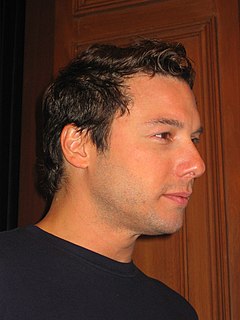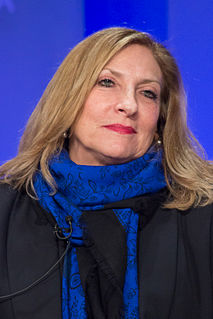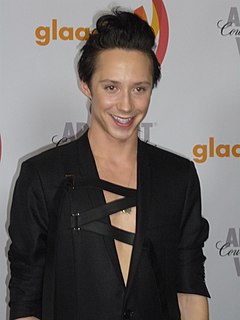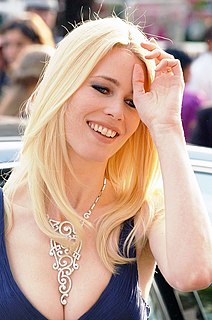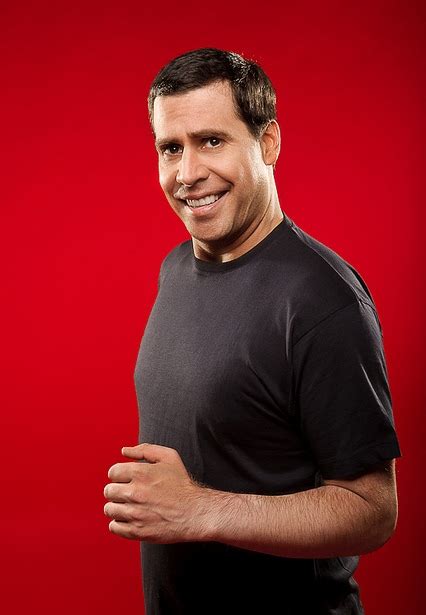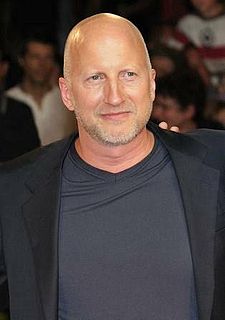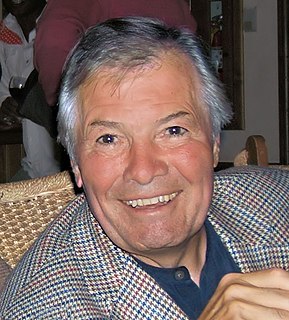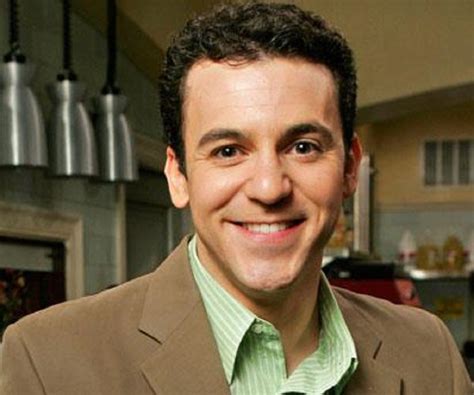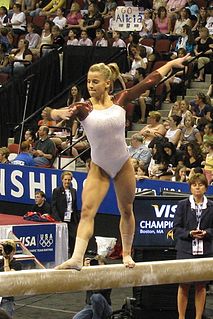A Quote by Julie Burchill
It is also interesting to note that the original supermodels are now making a comeback after being dismissed in the Nineties as being 'greedy' by a gaggle of male designers who lived like Sun Kings.
Related Quotes
Yes. The original argument is defective. Substitute the word 'male' for 'gay,' and you'll see the flaw: 'Male people cannot be normal. If everyone were male starting tomorrow, the human race would die out, so being male cannot be nature's intended way.' Or you could substitute the word 'female.' In either case, the argument makes no sense: Being male or female is perfectly normal.
It's very difficult today for girls to become supermodels. There is a lot more competition, a lot of countries in the East have opened up so there are many more models than there were in the Nineties. Now they have to compete with famous actresses but also with, say, reality stars to be on the magazine covers.




